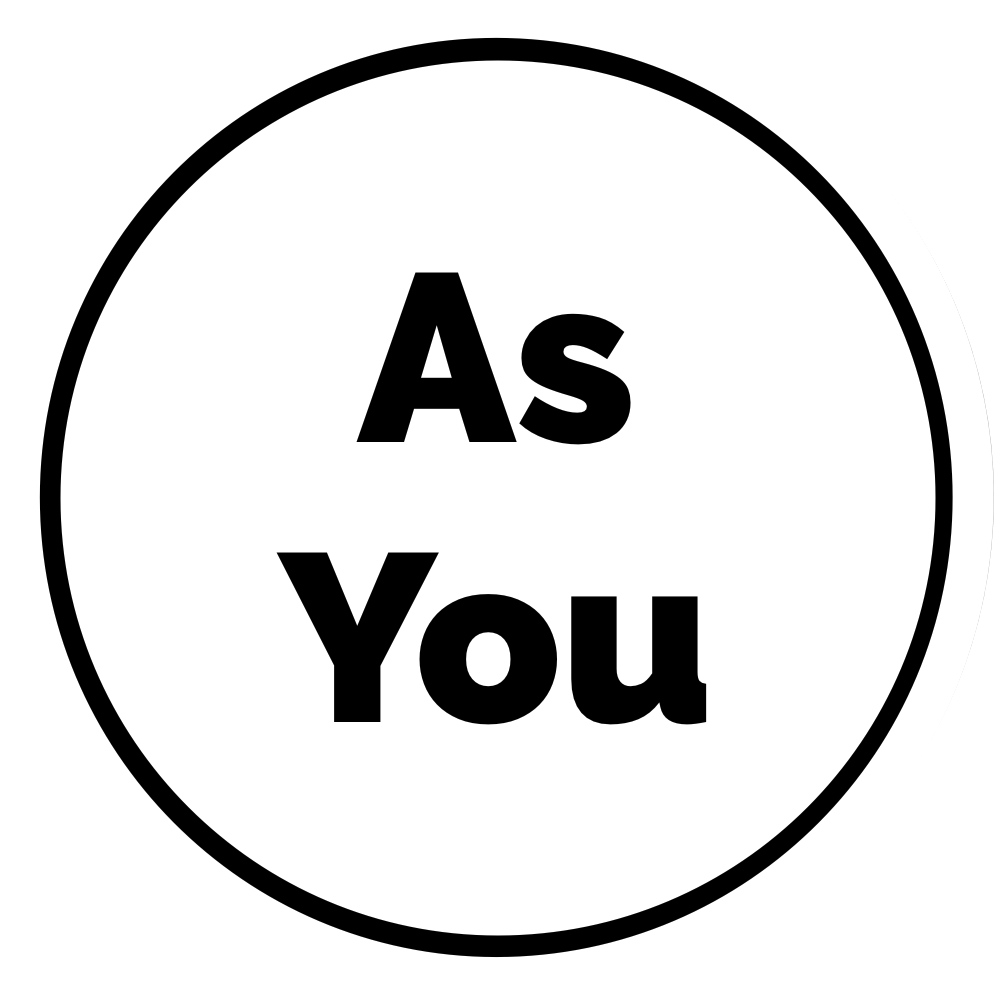What is your Attachment Style?
You probably have come across attachment theory if you have looked into the psychology behind how humans have relationships.
Attachment theory has been developed from the 1950s by psychiatrist John Bowlby and psychologist Mary Ainsworth. It talks about how we emotionally attach to others. Our attachment style stems from the relationship we have with our parents/caregivers. In my coaching practice, I have found that our attachment style not only deeply affects our romantic relationships but also how we lead our lives in general.
There are 4 types of attachment styles:
Secure
Children with a secure attachment view their parents as secure base from which they can venture out, explore and play independently. Adults with a secure attachment tend to be more confident in themselves, accept rejections not as a reflection of their self-worth, and trust others. About 50% of the population has this style.
Anxious
Children with an anxious attachment has high anxiety and need reassurance from their parents that they are loved and appreciated. Adults with an anxious attachment tend to be concerned about whether they are loved by others, seek others’ approvals and need a constant sense of safety and affirmations. About 20% of the population has this style.
Avoidant
Children with an avoidant attachment has low anxiety but high avoidance. They are children who are independent in their play because they have not received the safety or love and attention from parents consistently. Adults with an avoidant attachment tend to be independent, find it hard to trust and share with others, and shut down or distance emotionally as a protection mechanism. This is about 20% of the population.
Disorganised
Children with a disorganised attachment has both high anxiety and high avoidance. They want to go to others to get their needs met but are afraid of getting too close. Adults with a disorganised attachment tend to find themselves in the many lows and highs of dramatic relationships, afraid of being abandoned but at the same time afraid of commitment. They make up 10% of the population.
How our attachment styles impact our lives?
The majority of my coachees have either an anxious or avoidant attachment style. As a coach, I can see how their attachment styles impact not only their relationships but their lives.
Take myself for example, I have an anxious attachment style. I like to share my feelings so much that people with an avoidant attachment style can find it intense and start to distance. If I am not conscious, I can take that distancing personally and think that I am not worthy of their attention. This is because a person with an anxious attachment style is constantly checking whether people like them, approve of them whereas a person with an avoidant attachment style gets uncomfortable with “getting close”.
When a person with an anxious attachment style perceives others’ distancing or lack of recognition as directed at them, it can cause the person a lot of emotional turmoil. This wastes a lot of energy and distracts them from what is truly important. A concrete example can be starting a new job, a person could be constantly look for reassurances from colleagues and bosses that they have not been able to focus on doing a good job.
For my coachees who have more of an avoidant attachment style, I have found that they tend to dislike delving into their feelings. They might be described as emotionally distanced, which does not help them to better understand themselves and others. They might also procrastinate or find other things to occupy their time and mind rather than facing up to their difficulties or challenges in life. They know their avoidance is not contributing to their goals but the discomfort in facing up to what they think is their inadequate self is also great.
So how do we build a more secure attachment style?
With both the anxious and avoidant attachment styles, I have found the most effective way to better living is to start loving ourselves more. We need to soothe that inner child who has received inconsistent love and attention. We need to build that secure and stable base that was missing in our younger years. We need to say to ourselves that we are enough. Only in this way, our stress levels will come down, our perspectives will widen and we will have the freedom to become who we truly want to be.
Book a one-on-one coaching call with me today to talk about your attachment style - hello@asyou.org and here is my previous blog for the more anxious-minded folks on looking for approvals and recognition.
If you are interested in this topic of Attachment Theory, check out this book Attached , which is a great resource on how our attachment styles affect our romantic relationships. I will be writing a book on how our attachment styles impact our lives in general, get in touch if you want to be part of forming the book!
